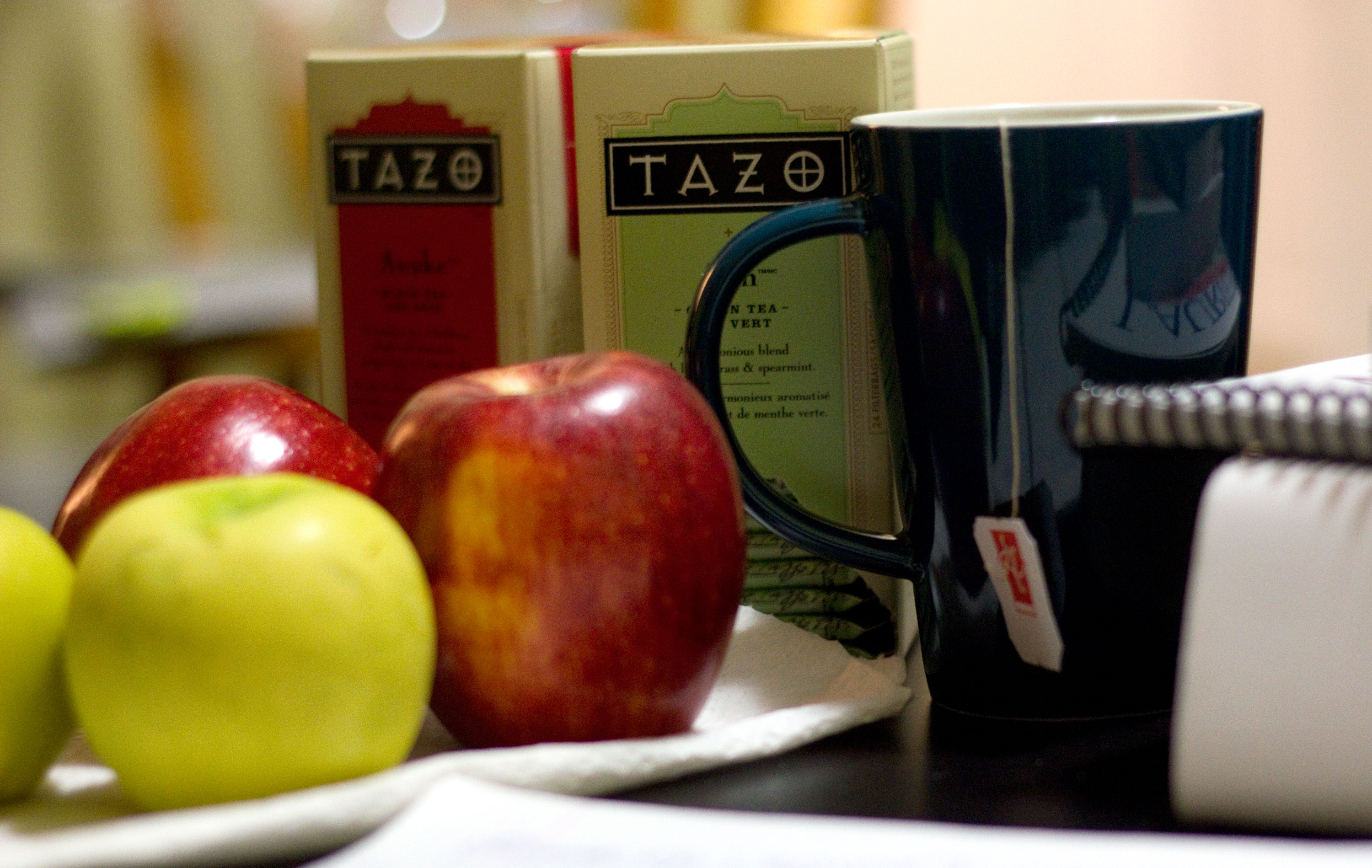Beating the finals blues


CRISTINA RUCCHETTA/FILE PHOTO
We’ve written again and again about the perils of exam season. It comes far too quick and seems like a lifetime, even though this exam period is one of the shortest Wilfrid Laurier University has had in recent years. But unfortunately as students, we still feel the pain.
Last week, Creative Director Lena Yang wrote some good tips on staying focused during stressful times, especially exams. She gave pointers such as find your best study spot — which we’ve made a list of — to help you focus, some productivity apps and even classical music, which can help you pay attention to something for long periods of time without getting distracted.
But there’s always more.
While staying focused and being productive are good while studying for that test you need to ace, it’s also important that you put yourself first and take care of yourself. There are common things people know they should do, but don’t often follow through with once the exams are so close and the money in the bank dwindles.
Go to the gym
Anything is better than leaving your body stagnant when it craves activity.
Studies show that physical activity helps the performance of children in school, and assumptions have been made the same is for university-level students. Activity as simple as going outside for a run or doing a few squats can help you release endorphins and focus better. Take a 30 to 40-minute break and go to the gym (which is part of your tuition), or do some activity in your dorm room. Anything is better than leaving your body stagnant when it craves activity.
Drink water
We’re told all the time to drink water, but it’s especially important while making your brain work extra hard to remember all of that information. Water and tea both work to help fuel your body with energy. Resorting to Red Bull, Coca-Cola or other forms of soda can actually deteriorate your focus. A cup of coffee a day also helps your body with short-term memory and overall performance.
Eat healthy
This seems so little, but is so imperative to success. A lot of us tend to snack more during exams and eat the “easy” foods because it takes too much time to make a good meal. But you may be hindering your body’s performance by feeding it candy all day and then eating McDonald’s for dinner. Your body works best on nutrients found in whole foods such as apples, bananas, proteins (poultry especially) and green vegetables. Foods that help your memory are all part of a healthy diet and are hard to find in “easy” fixes. Take the time — maybe during your 10-minute study break — to make a good meal or buy something that has more fuel than a short-term fill.
Sleep. Don’t cram
If you try to fit as much as possible into your mind in a short amount of time, your brain will essentially malfunction. Most people remember the first and last things from a study session and forget the middle. If you’re staying up to cram as much information into your brain, chances are it’ll be lost by exam time at 8:30 a.m. However, if you sleep, you’re much more likely to retain information learned over the course of the day. Your brain, however, is damaged by sleep deprivation.
Above all, the important thing as a student is to stay calm. As a recent graduate and overall perfectionist, I can tell you it’s obviously hard when things don’t go your way. It sucks. But as long as you put in the effort and put your body first, exam season will be easier. And sooner than you know, it’ll be over.
For overall memory tips, check this out, courtesy of HelpGuide.


